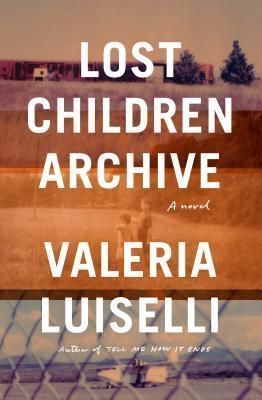
Reviews
Sarah Sammis@pussreboots
Queena Li@queena-li
Julia Rivera@jriver23
Fraser Simons@frasersimons
Jessie Bertram@jessiebertram
Amanda Wells@amandawells
Cindy@cindypepper
Ben Dexter Cooley@b_dexter
Francine Corry@booknblues
Rachel Wingler@rachel_winglr
Katrina Wilson@kwilson
Jorge Amigo@amigo
vfs@bruno_luna
Sara Sunshine@sarasunsh
Yasmin@yasamarante
Cassie B@partialtruth
Lizelle G@lizelle
Will Vunderink@willvunderink
Kyle Curry@kcurry24
Lisa@frowzled
kaitlan@kaitlanbui
Jacob Mishook@jmishook
Kate Sigrist@katesigrist
Jamie de Rooij@jderooij